We have grown up in a society where lots of harmful beliefs have been considered normal for centuries. It’s 2024 now, and even though society has changed in ways, there are still many things that are wrong with it. Even today, there’re so many toxic beliefs normalized by society, and it can feel frustrating to say the least.
These harmful beliefs considered normal by society can greatly shape your thoughts, actions, and connections without you even realizing it. Let’s explore 7 of the most toxic beliefs normalized by society, and how normalization of toxic behavior can be extremely dangerous for us.
Related: 41 Shocking Pictures Illustrate The Sad Reality Of Everyday Life
7 Toxic Beliefs Normalized By Society
1. The idea that just because you’re very intelligent, you’ve got the right to be rude.
Normalization of toxic behavior much?
There is this weird idea floating around that if someone acts like a jerk it means they must have an IQ of 2000 just hidden in their closet somewhere. However let’s get real: being nasty doesn’t make anyone smart; it’s extremely unattractive and off-putting instead.
Think about that one co-worker who might be very smart, but always has a snarky comment on stand-by. It’s like they think they’re God’s children or something. They just make everything cringey, and spoil everyone’s moods. Genuinely intelligent people are kind, respectful and empathetic, not the other way round.
2. Having an opinion about anything and everything.
Ever met somebody who has an opinion about everything from quantum physics to the best type of pasta? As if talking authoritatively on every topic under the sun demonstrates their intellect! On the other hand true wisdom lies in realizing when you are not right, and being comfortable wit h it.
It also entails listening more than speaking, thereby understanding that sometimes it is okay not having a say on anything at all times. Silence is golden, and wanting to give your two cents all the time only makes you look like a joke.
People who possess wisdom speak less but hold deep meaning within.
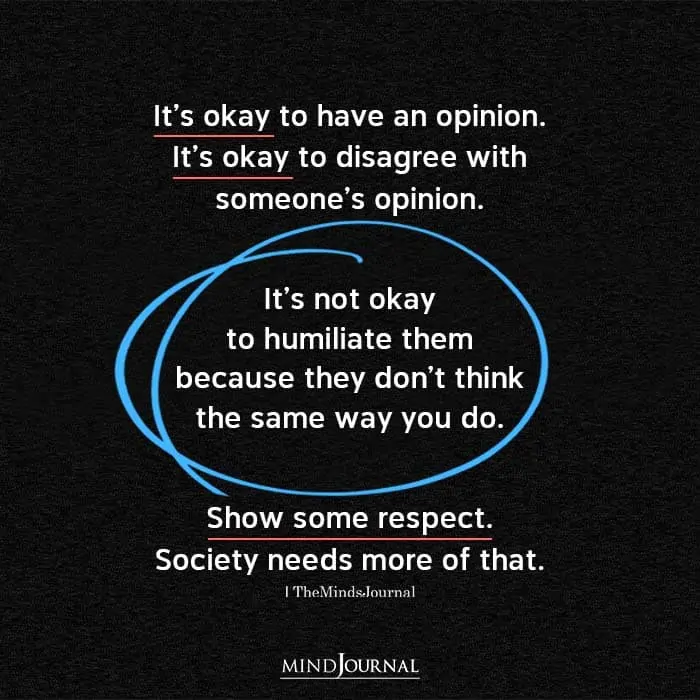
3. Going to work despite being very sick.
One of the biggest examples of normalization of toxic behavior is this one right here.
Dragging yourself to work while running a high fever might seem like you are extremely dedicated and diligent, but in reality it is a perfect way to infect everyone else around you and make the entire office miserable.
Do you remember the time when the whole team working on that project all fell sick because someone thought having a cold was nothing serious? Not exactly an increase in productivity, after all.
Taking care of yourself and not going to work when you are ill is what really counts because you also have to respect your co-workers, and their health.
Related: 5 Social Illusions That We Accept As Reality
4. You have the license and power to say whatever you want from behind a keyboard.
Being anonymous on the Internet can turn even the shyest person into a keyboard warrior, ready to say things that they would never dare say face-to-face.
It’s as if being online makes people think that they have the license to be rude. They feel freer expressing their real opinions, and it doesn’t matter that these said opinions are problematic and regressive.
However, let’s always bear in mind that there is a real person sitting at every screen with feelings and emotions just like any normal human being. It’s important to be compassionate, open-minded and kind.
5. Prevailing gender stereotypes.
One of the most harmful beliefs considered normal by society.
It is 2024, and we are still dealing with sexism, misogyny and gender stereotypes. It’s absolutely regressive to stereotype our emotions or actions according to an outdated list of masculine or feminine traits! Most of our most poisonous behaviors spring from trying so hard to fit into these roles.
When something happens to them, men remain silent or behave as if they were tough while on the other hand women sometimes pretend to be indecisive and submissive instead of taking charge.
Even primary colors are still being assigned gender roles. Is pink only meant for girIs and blue for boys? What’s wrong if a girl’s favorite color is blue and she loves playing with toy cars and trucks? And what’s wrong if a boy loves the color pink and likes to collect dolls?
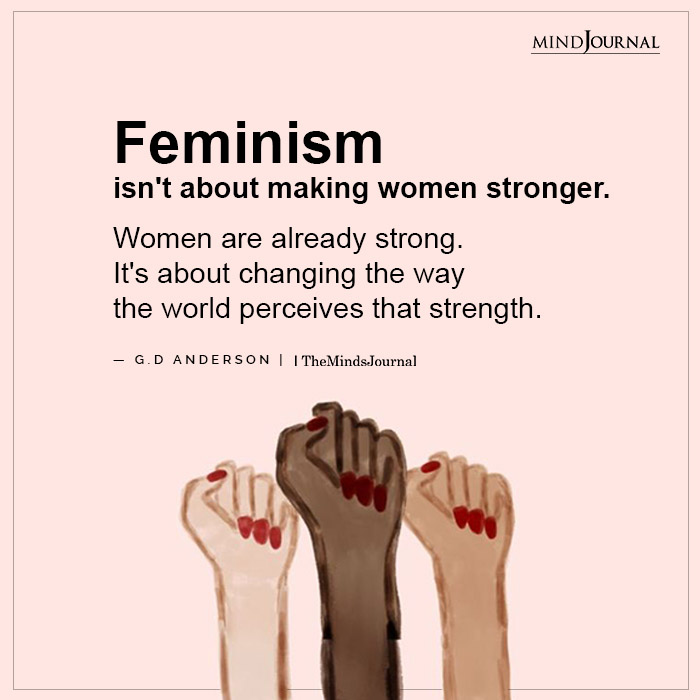
6. The idea that failure is unacceptable and if you fail, you’re a total loser.
In many areas of our lives, failure is viewed as something to be dreaded at all costs. We’re taught to regard it as total defeat–a mark of incompetence that makes us a humongous loser.
When you’re constantly told that you’re not allowed to fail, and if you do, then you’re simply not good enough. This sort of mindset takes a toll on you and you run yourself ragged mentally and emotionally trying to attain an impossible goal.
Well, guess what? No one is perfect. There is not a single person in this world who has not encountered failure. Every great person out there has repeatedly faced failure and has overcome it. Failure can teach you so many important lessons about life and it can also present you with many opportunities for personal growth.
Related: 7 Signs You Are A Slave of The Modern World
7. Using your children to make money on social media.
In my opinion, this is probably one of the most horrible toxic beliefs normalized by society.
Putting your kids’ lives online is something that should never be seen as normal or entertaining. It not only puts their safety at risk, it also makes them feel from a young age that online life is real life (which it isn’t!).
Monetizing your children’s lives for a few bucks doesn’t just make one a bad parent, it also shows how dangerous and selfish our society has become. The young ones do not get a say in how and when their lives are plastered all over the internet which will continue affecting them, until they break out of their parents’ grasp.
All these harmful beliefs considered normal by society, thrive on lack of empathy and understanding. By questioning them and calling them out, it is possible for us to put a stop to it.
By promoting kindness, respect, and true intelligence, let’s foster a society that truly brings out the best in everyone. Let us be that change, one empowering step at a time.
Which of these harmful beliefs considered normal by society do you find the most disturbing? What other toxic beliefs normalized by society do you think should be added to this list? Let us know your thoughts in the comments down below!
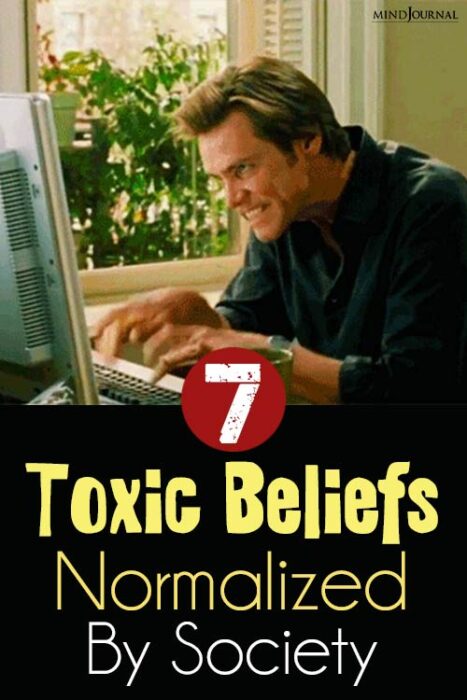
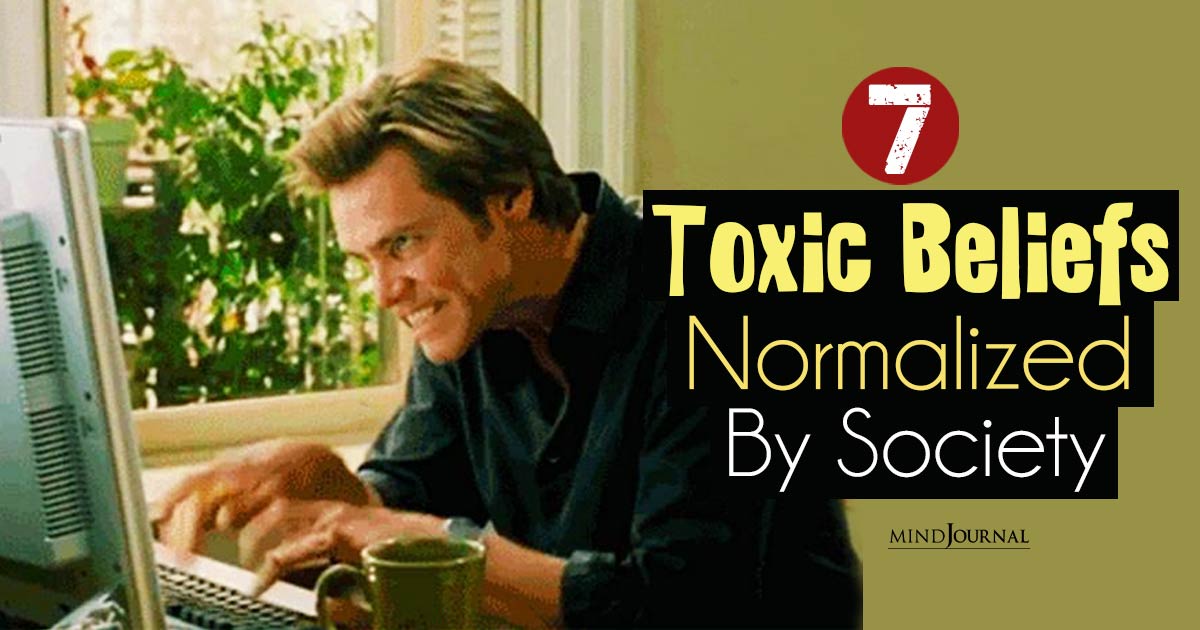




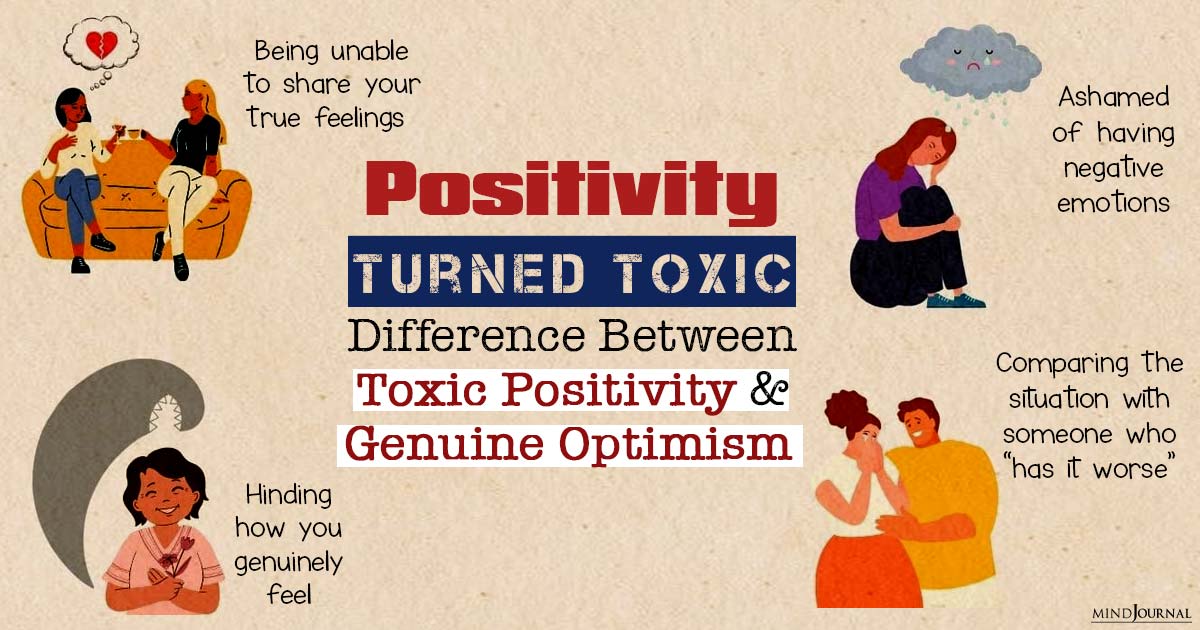

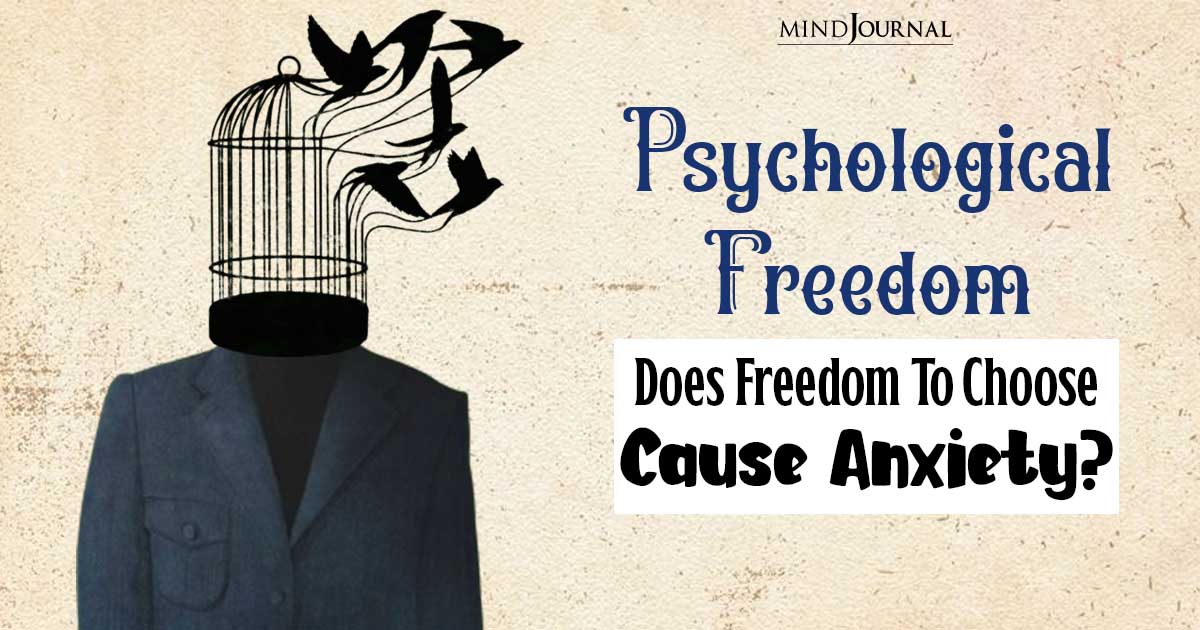
Leave a Reply
You must be logged in to post a comment.